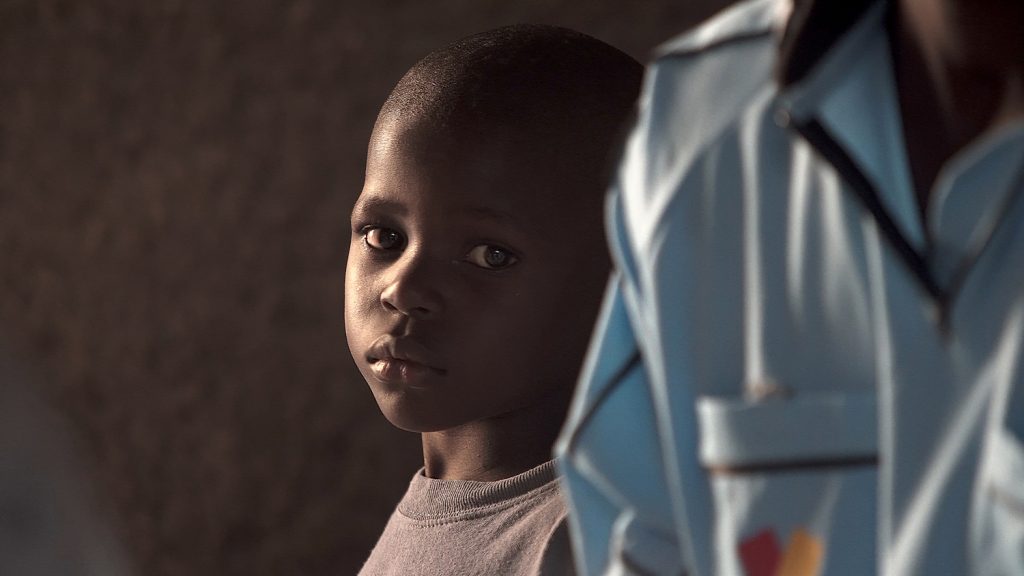Statement by
Refugees International
WASHINGTON/TIJUANA—A report released today by two important organizations describes how policies at the U.S.-Mexico border have made communities of asylum seekers, refugees, and migrants in Tijuana vulnerable to the impacts of COVID-19. The report suggests that non-Spanish speaking and Black migrants faced distinct barriers to employment, education, healthcare, and housing attributable to societal bias and racism.
The report comes out as the Biden administration begins a new “Remain in Mexico” program, which will force migrants to wait in Mexico while their asylum cases are pending, subjecting them to unreasonable harm and intensifying existing lack of opportunity, rights, and services.
“This report provides recommendations based on the needs of the affected population and not on what we believe they need,” said report co-author Tania García Barajas, coordinator of the Legal Clinic at Espacio Migrante and professor at the Universidad Autónoma de Baja California. “It is urgent that the authorities of Baja California and Tijuana guarantee to refugees migrants and asylum seekers access to their human rights.”
“The recommendations in this report are more important than ever,” said Yael Schacher, Senior U.S. Advocate at Refugees International, which helped to support the research. “It is impossible for so many in Tijuana to access asylum and the services to which they are entitled or to find decent work or housing.”
Findings of the research include:
• About three quarters of people surveyed lost their job because of the pandemic (74 percent of Africans, 66 percent of Haitians, and 82 percent of Latin Americans lost their jobs during the COVID crisis in 2020. At the time of the survey, only 9 percent of Africans, 8 percent of Haitians, and 22 percent of Latin and Central Americans were employed at all.)
• 97 percent of Africans, 96 percent of Haitians, and 97 percent of Latin and Central Americans surveyed said that COVID had made it difficult to cover their housing expenses.
• Central and Latin Americans surveyed reported that they were able to receive healthcare treatment when they were sick at double the rate of Haitians and Africans surveyed (28.6 percent of Africans, 32 percent of Haitians, and 59 percent of Central and Latin Americans reported accessing health care when sick)

“It is important to elevate the voice and experiences of migrants and not only hear them, but learn from them and be open to their knowledge informing advocacy and vision for justice along the border,” said report co-author April J. Mayes, treasurer of the Board of Haitian Bridge Alliance and an associate professor of History at Pomona College.
The report includes recommendations to alleviate the situation for migrants living at the border, including ending any U.S. policy that forces migrants to return or wait in Mexico and violates non-refoulement, as well as steps the U.S. and Mexican governments, international organizations, and civil society can take to enforce human rights laws that are currently legislated in Mexico, improve access to services, and realize language and racial justice.
“This report reflects Espacio Migrante’s distinct approach of using cultural and community dialogue to promote human rights and social, racial, and gender justice in migrant communities,” said report co-author Paulina Olvera Cáñez, founder and executive director of Espacio Migrante. “It is so important right now, when there is increasing humanitarian need and continued barriers to inclusion and asylum in Tijuana.”
“The idea of getting together and producing this document came from the need to show how the pandemic is affecting the lives of migrants at the border and intensifying old problems, based on their own perceptions,” said report co-author Domila P. Pazzini, board member of Espacio Migrante.
NDG 12/8: Supreme Court hears arguments in landmark case challenging Roe V. Wade
The report is based on 335 phone surveys Espacio Migrante and Haitian Bridge Alliance conducted with Central American, Haitian, and African migrants and asylum seekers to assess their needs and approve them for an assistance program run by the two organizations in the spring of 2020. In addition, the researchers hosted three focus group meetings for survey participants in October 2020 and observed and documented changes in U.S. and Mexican immigration and border policies from late 2020 through July 2021.
Copies of the report in Spanish and Creole will be released in the coming days.
Refugees International has been very pleased to support this research and this report. Refugees International is an independent non-profit organization based in Washington, DC that advocates for lifesaving assistance, human rights, and protection for displaced people all over the world. Refugees International believes it critical that organizations working with displaced people and forced migrants outside the United States have opportunities to share their views with the broadest possible public and policy-making audience in the United States and beyond. Refugees International is committed to playing a role in facilitating this very important form of advocacy from individuals and organizations most significantly affected by the migration policies of the United States and other countries of transit or destination.The report suggests that non-Spanish speaking and Black migrants faced distinct barriers to employment, education, healthcare, and housing attributable to societal bias and racism.




